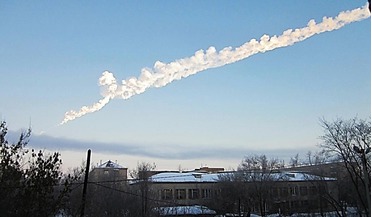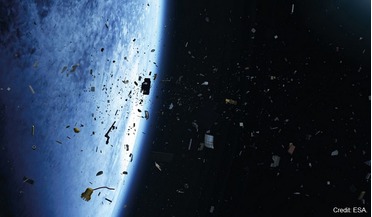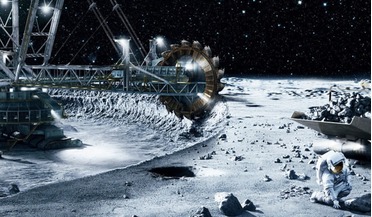 March 2016
Mining outer space may be cool but is it legal?
March 2016
Mining outer space may be cool but is it legal?
...may not. [9] Moreover, Article VI, discussed in more depth below, makes clear that individuals cannot make claims to celestial bodies, because nations must both ‘authorize’ and ‘supervise’ the activities of its nationals to ensure compliance with the...
 February 2016
Data Systems to Support Early Warning of Spaceborne Emergency Situations
February 2016
Data Systems to Support Early Warning of Spaceborne Emergency Situations
...results processing. These projects are highly important from a practical standpoint. However, their primary goal is to catalogue celestial bodies and they are not able to accurately predict the after-effects of a dangerous space object colliding with...
 June 2015
The new space ethics: COSPAR, Planetary Protection and beyond
June 2015
The new space ethics: COSPAR, Planetary Protection and beyond
... colonisation of other planets and the ability to mine, refine and return minerals and resources from other celestial bodies. For these activities, humanity has the luxury of time to engage in a broad philosophical discussion. There are, however...
 March 2016
Space industrialisation needs balanced legal and policy approach
March 2016
Space industrialisation needs balanced legal and policy approach
... entities, any lifeforms discovered in space, nor would these private entities be empowered to exercise control over entire celestial bodies, since they can only make claims to resources that are in place. Congress has also mandated that...
 March 2016
Space Mining – the Reality of Tomorrow?
March 2016
Space Mining – the Reality of Tomorrow?
... or scientific development, and shall be the province of all mankind. Outer space, including the moon and other celestial bodies, shall be free for exploration and use by all States without discrimination of any kind, on a basis of equality and...
 March 2016
Future space is challenge for international law
March 2016
Future space is challenge for international law
... or any existing national legislation on space activities - of an explicit legal definition of a celestial body, in practice any reference to a celestial body implies the body as a whole, including its surface and all the substance (subsoil, depths...